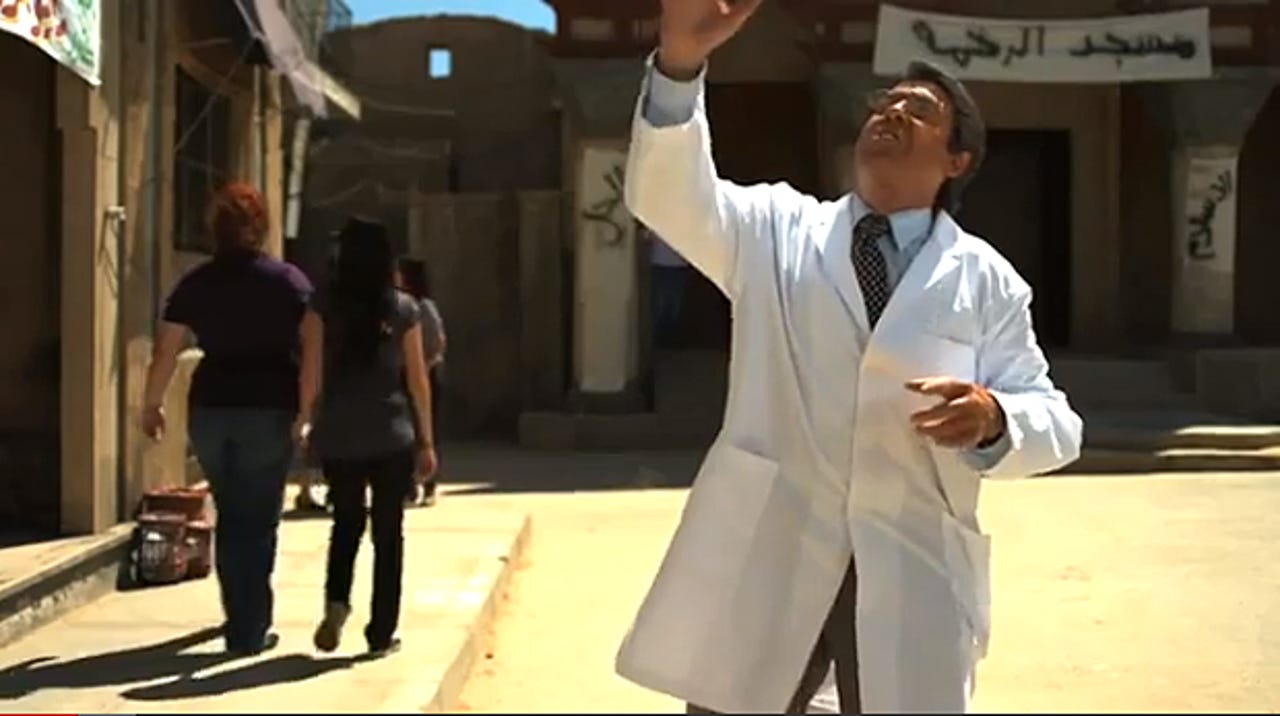YouTube censors controversial video in the Middle East


The video shows clips from a film called "The Innocence of Muslims", depicting Prophet Mohammed as a philanderer who approves of sexual child abuse. The 14-minute low budget film caused outrage in conservative Muslim groups, who then stormed the U.S. embassy in Cairo on Tuesday and replaced an American flag with an Islamic banner. Later in the evening, the U.S. consulate in Benghazi, Libya, was burned down.
As a result, the U.S. ambassador to Libya and three members of his staff were killed.
The video has not been removed from YouTube, but access to it has been blocked in Egypt and Libya. Google rarely comments on individual videos or restricts access when it doesn't break the site's terms of service, but considering recent events, the firm issued a public statement:
"We work hard to create a community everyone can enjoy and which also enables people to express different opinions. This can be a challenge because what's OK in one country can be offensive elsewhere. This video -- which is widely available on the web -- is clearly within our guidelines and so will stay on YouTube.
However, given the very difficult situation in Libya and Egypt we have temporarily restricted access in both countries. Our hearts are with the families of the people murdered in yesterday's attack in Libya."
A user called Sam Bacile uploaded the film on July 2. Once dubbed into Arabic, the video gained notoriety once played on TV networks in Egypt.
President Obama condemned the attacks, saying that he would "bring justice to the killers who attacked our people."
"We reject all efforts to denigrate the religious beliefs of others," said Obama. "But there is absolutely no justification for this type of senseless violence, none."
The case for temporary or geographically-limited censorship is a minefield. It's easy to understand why YouTube would feel political pressure due to the film's violent consequences -- but in turn, making the decision to pro-actively censor its content may lead the company down a slippery slope.